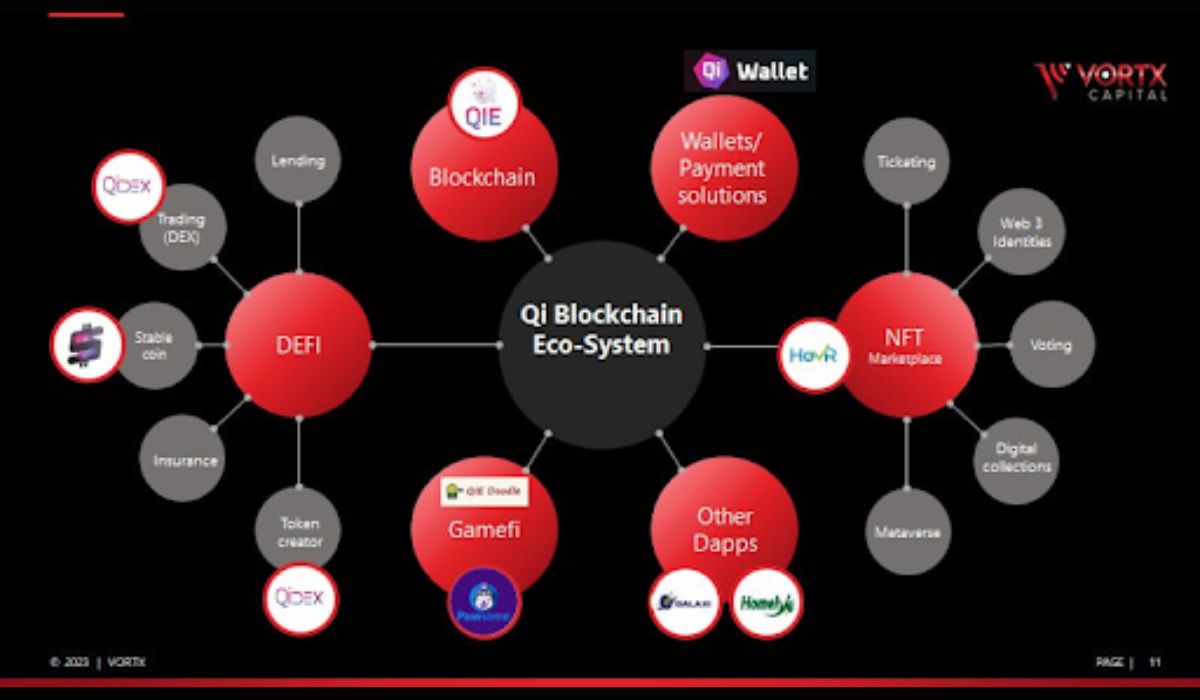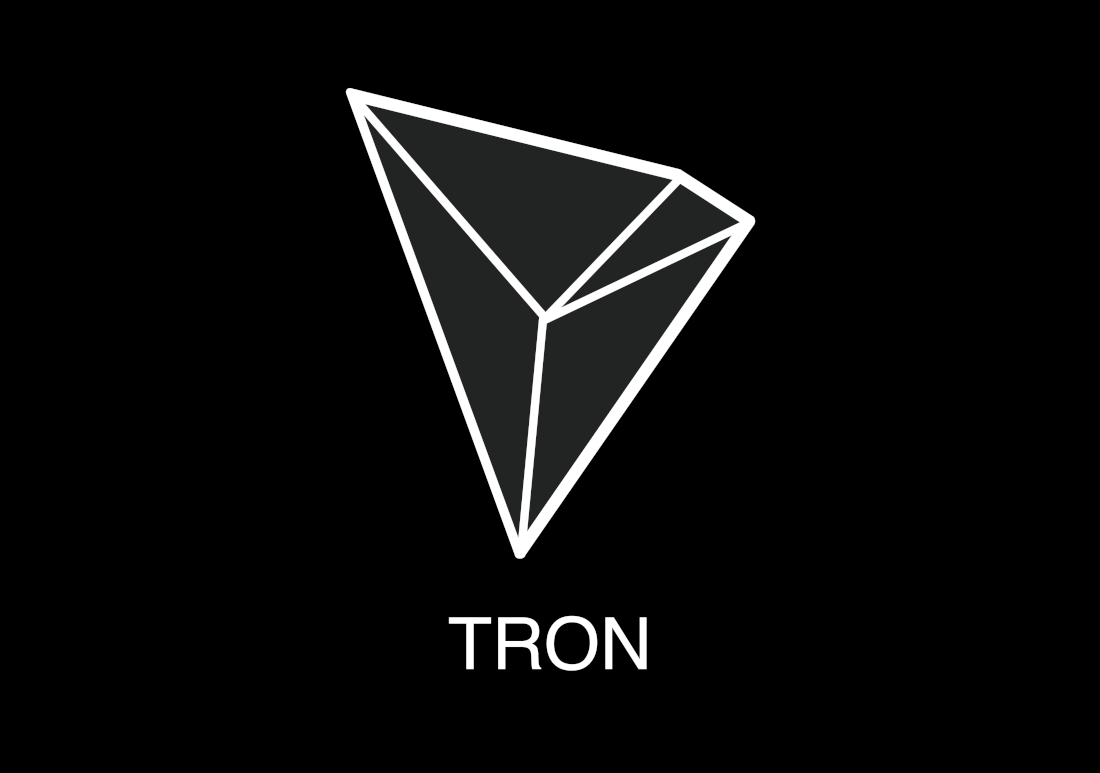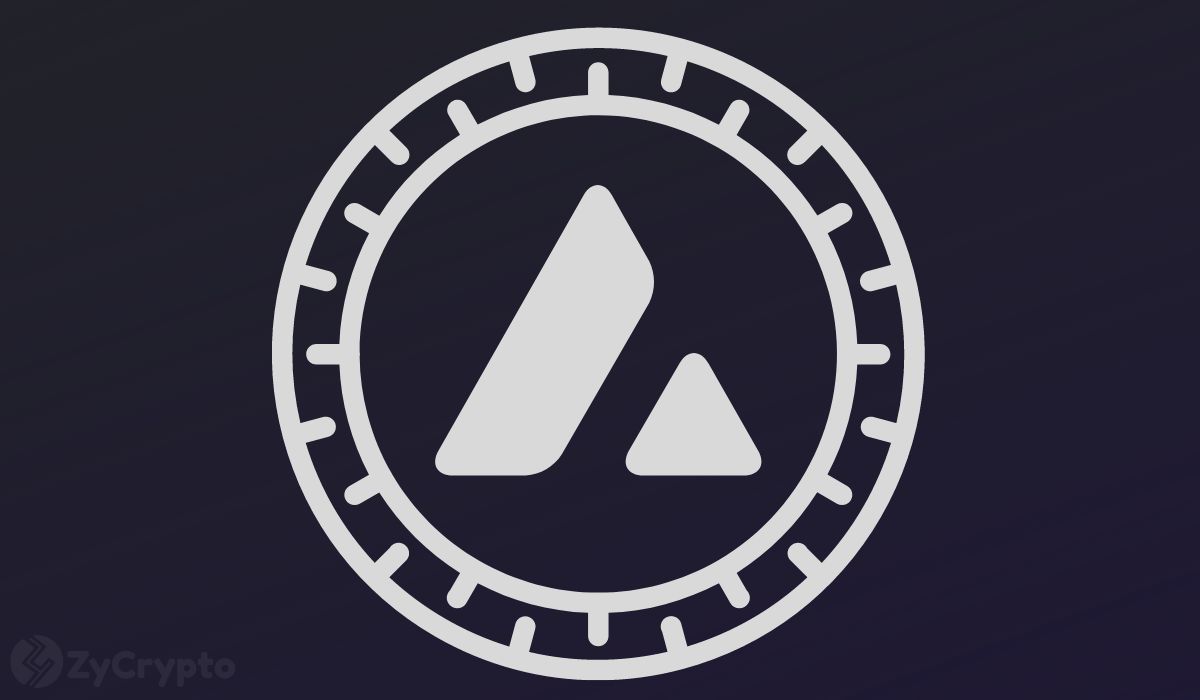2018-12-18 04:05 |
Blockchain technology is still in its early days. As of now, projects sprout up all the time, each one utilizing the decentralized ledger in a unique way. However, we’ve yet to see how many of these will pan out. If we want widespread cryptocurrency adoption, we need to see more projects with developed and viable use cases, particularly via decentralized applications (dApps). Enter the Shift project.
Shift, described as an “accessible and open-source blockchain application platform,” is working to make dApp creation much easier for developers. By utilizing sidechains similar to Lisk (LSK), each dApp will have its own blockchain connected to the main one. This way, developers can streamline the creation process while still maintaining control of their own technology, alongside ensuring “infinite scalability.” Shift’s flagship dApp, called Phantom, is a decentralized web hosting and storage application intended for censorship-resistance.
Unhashed was given the opportunity to interview the President and Lead Developer of Shift, Ralf S. Ralf started Shift back in 2015, and the project is now close to a release. Initially, the plan is to “enable Chinese citizens to store and share information which the Chinese government cannot block or censor, no matter what.” For a more detailed look at Shift, read the interview below:
Unhashed: What makes delegated proof-of-stake the best consensus algorithm for the Shift platform?
Ralf S: We, at Shift, believe in constantly striving to improve the ecosystem that our users and products inhabit. For example, when the project began as the first Ethereum fork back in 2015, it shared Ethereum’s original Proof-of-Work consensus algorithm. Our move to Crypti/Lisk’s Delegated Proof-of-Stake (DPoS) model was in fact a means to proactively tackle the hashrate attacks that might have jeopardized the project in those early days. This was a decision that seems to have become especially relevant nowadays, a time in which fiery discourse among major Proof-of-Work cryptocurrency projects demonstrates the continued possibility of miners turning on each other and putting their hashing power to malicious use.
While we intend to continue our proactive approach to adapting our consensus algorithm to more thoroughly meet our project’s unique needs, the DPoS consensus algorithm serves us well by mitigating the risk of a large hashfarm with its own agenda mining a private chain, and thereby attacking or taking over the one produced by the decentralized network of Shift nodes. As the Shift Project is devoted to tackling undue censorship, which is often enacted by politically powerful and resource rich parties, we consider DPoS an appropriate consensus system during this stage of the project’s development.
UH: How does Shift plan to convince customers to move to a decentralized hosting platform over their current one?
R: We have considered several approaches for how we might make potential users aware of the benefits of our decentralized storage and web hosting platform. To begin with, when we launch the latest iteration of our product on the testnet of the Shift platform, hosting content will actually be free. This will marry both our need to see our infrastructure and coding extensively tested, with an attractive opportunity for new users to obtain a storage and hosting service without the need for payment. While it should be noted that we will be unable to guarantee the integrity of the data during this testing phase (as network updates will regularly reset the pinning of content), we believe that this barrier-free opportunity to experiment with our easy-to-use platform and assess our network’s capabilities will prove enticing, and encourage users to become active participants in the Shift Project once our services are moved to the mainnet.
It is important, however, to emphasize that we do not anticipate many regular businesses located in ‘Western’ nations moving their centralized hosting over to Shift’s decentralized network. Though doing so would provide advantages, such as the automatic backup and worldwide distribution of data, we envisage Shift’s principal users in the short term to be those looking for a censorship resistant means of hosting content, or other blockchain projects that desire a decentralized way to store their assets (such as, for example, our collaborators developing the open world multiplayer role-playing game executed entirely on blockchain, Coins and Steel).
UH: What are some of the biggest challenges Shift has faced when working with sidechains?
R: The biggest single challenge that remains, is how to go about enabling cross-chain transfers without the need for an escrow wallet, the wallet of the dApp owner that registers the sidechain at the mainchain. This method presents a major liability that cannot be easily fixed, and is the reason for our decision to shelve our work on sidechains for the time being, and instead focus on our main goal: the production of a decentralized storage and web hosting solution.
UH: How does Shift’s governance system differ from similar blockchain projects?
R: Given the number and variety of projects now active in this field, it may be more expedient to explain the primary aspect of Shift’s governance system that we are particularly proud of. What may set Shift apart, is that it has always been developed and maintained by a community of enthusiasts. This approach is evident in the use of DPoS, in which particularly active community members come to have a voice in the project through becoming forging delegates, who are responsible for carrying out updates. Token holders, forging delegates, and the developers all, therefore, play a role in the governance system and the establishment of the logic of the chain.
UH: You claim that Shift “pre-dates the ICO bubble, having started in 2015.” What benefits does the project see thanks to this extra time?
R: The Shift Project benefits most prominently from the strength and continuity of the community that has grown up around it over the last three years. While the original founder chose to move on to other projects, he had the integrity to hand over a part of the premine to a new team drawn from that very community. The current team have maintained this devotion to integrity and still actually holds on to the majority of those premined funds, seeing their conscientious use as an obligation to the community from which they themselves emerged. It is perhaps ironic that in a technology sphere that so values trustless transactions, we have found our community’s trust in us to be such a valuable asset.
Regarding the ICO bubble, while we might currently enjoy greater financial prosperity in the short term were we a more recent project that had conducted an ICO, we remain strong in our conviction that the quantity of money available does not necessarily equate to the amount of dedication demonstrated by a project’s team. What is more, we are keenly aware that the current climate is also one in which regulators are becoming more active in their appraisal of ICO projects, and Shift’s lack of an ICO may therefore grant us an advantage given these circumstances.
Suggested Reading : Learn about the best cryptocurrency wallets on the market today.
UH: Additionally, how has the crypto market shifted since the start of development and how have these changes affected Shift’s development plan?
R: Under the current team, the cryptocurrency market has experienced several highs and lows. Nevertheless, the Shift Project’s goal has always remained clear: the building of a decentralized storage and hosting platform. It is safe to say that the team members participating in the project are here to stay, and driven primarily by a shared ideology and not a desire for quick financial gain. This has allowed the project to strive onward in spite of market fluctuations.
UH: Why would a developer build a dApp on Shift when they have more established platforms such as Tron or Ethereum?
R: While there are certainly alternatives, should a developer wish to use Shift as a dApp platform rather than a storage and web hosting solution, there will always be instances in which a less established platform may be able to cater to specific use cases that serve a particular niche. Shift already has over a year of experience in successfully hosting websites on a peer-to-peer network, so our experience with our Phantom dApp could be an asset to a developer with similar goals.
The post Interview: Shift President and Lead Developer Discusses Sidechains, Decentralized Hosting, and Blockchain Governance appeared first on UNHASHED.
origin »Bitcoin price in Telegram @btc_price_every_hour
High Performance Blockchain (HPB) íà Currencies.ru
|
|






























